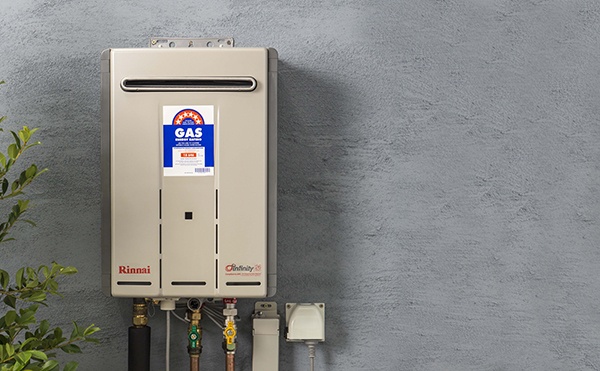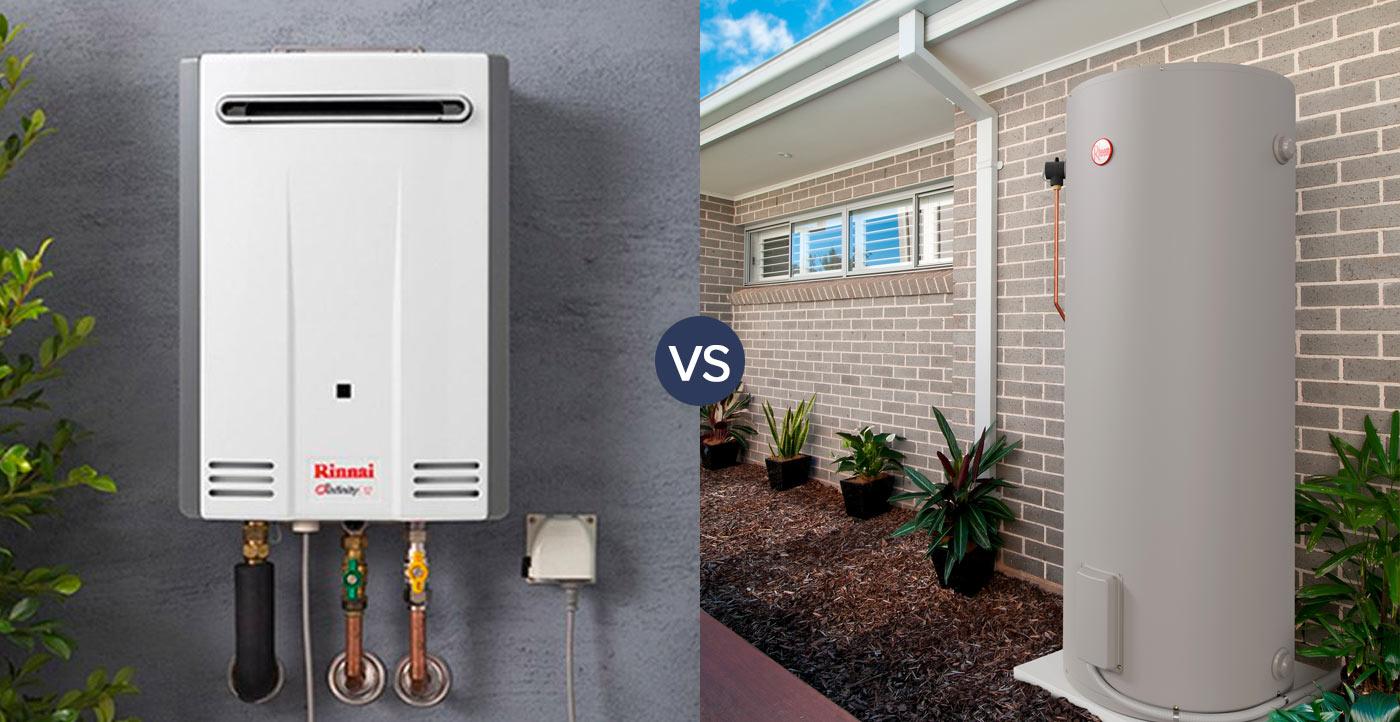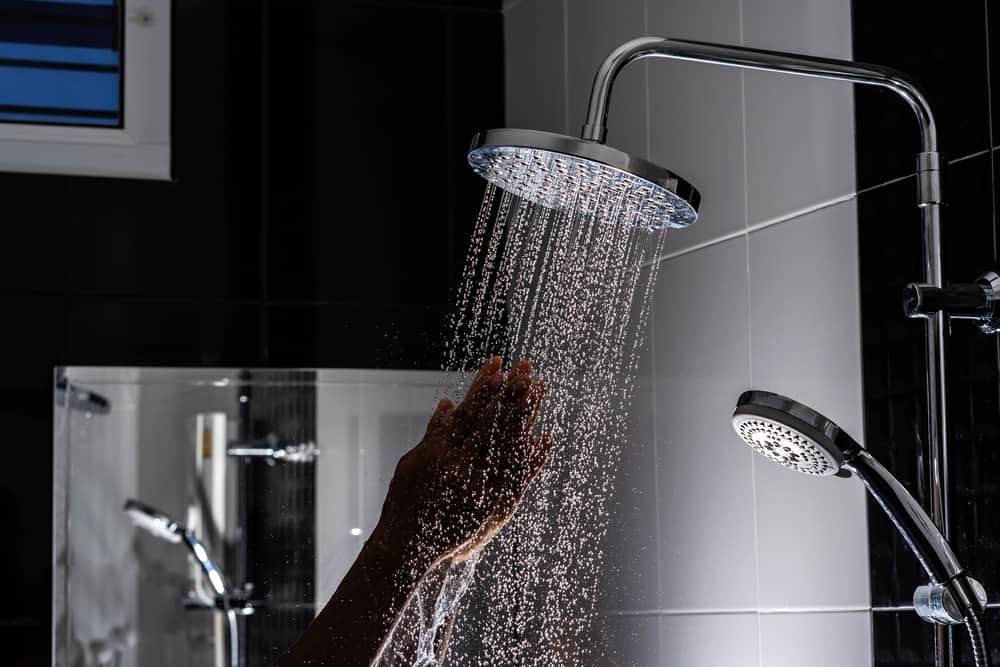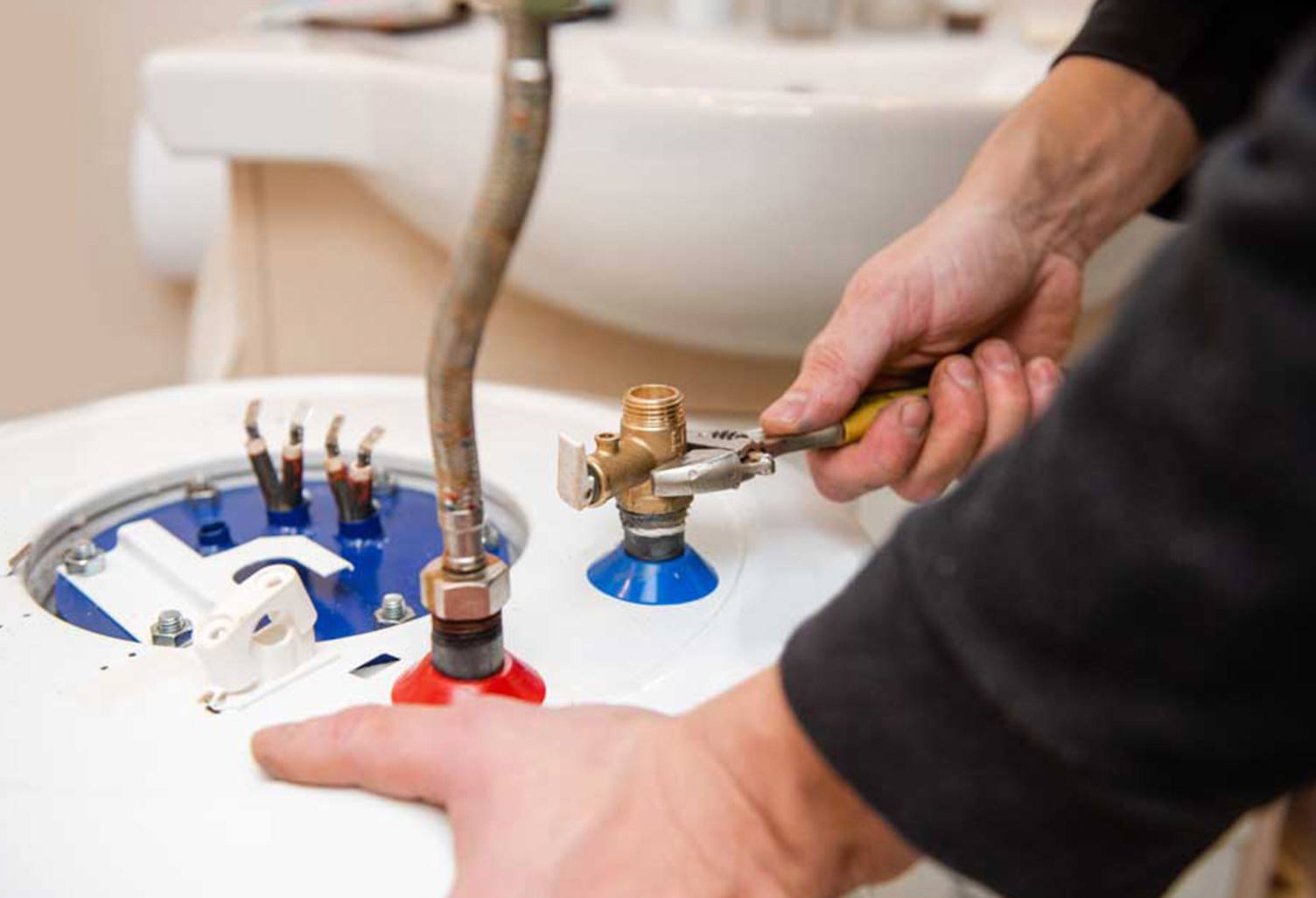

The trusty hot water system is a staple in many Australian homes and for most of us, it’s hard to imagine life without it.
If you’re thinking about installing a new water heater in your home or replacing your old one, you’ll need to pick between two kinds of these devices; a gas water heater and an electric water heater.
Both of these water heaters do their job well, but they both offer certain benefits over the other.
Which type of water heater you choose comes down to which of these benefits you value the most, and the unique needs of your household. A gas heater is a long-term investment, so there are a lot of things you will need to consider before choosing between a gas and an electric water heater.
Cost differences
The annual costs for water heating depend on several factors:
- The number of occupants in a home
- The efficiency of the water heater
- How often hot water is used
- Energy tariffs
- The climate
As far as running costs are concerned, a gas water heater will be cheaper to operate, especially since you won’t be subject to off-peak tariffs for electricity. Installation, however, is more expensive for gas heaters as you’ll need a professional to fit the heater to the home’s gas line safely.
Despite the initial cost being high for gas water heaters, their low operating costs will allow you to save money and make back what you spent after a year or two.
Electric heaters, on the other hand, are easier and cheaper to install. They’re also a better choice for smaller households.
Lifespan
You’ll want a water heater that lasts you over a decade. Generally, modern water heaters have long lifespans, but due to their cleaner operation, an electric water heater can outlast gas water heaters.
The difference in the usable life of the two kinds of heater only differs by a few years, but for either of them to continue working throughout their lifespans, they will need regular maintenance.
Efficiency
Electric water heaters are the more efficient of the two. Gas heaters use natural gas to function and some of the heat from burning the gas is lost along with the gas byproducts—this makes them less efficient than electric water heaters.
Unlike gas water heaters, electric water heaters use almost all of the energy to heat water.
One thing that could hurt an electric water heater’s efficiency is that it won’t work if there is no electricity, unlike gas heaters which can function even during a power outage.
Maintenance
While both these types of water heaters need regular maintenance, gas water heaters may require more attention than their electric counterparts. This is because gas water heaters will need to have their gas lines and tank checked in addition to cleaning up sediment buildup.
Heating rate
Gas water heaters can heat water faster than electric water heaters. This is especially true for water heaters with tanks.
Electric water heaters have heating rods that run from the top of the tank to the bottom. These rods heat the water in the tank, but they heat up at a slower rate than gas models do.
Gas heaters use an open flame for heating, and it’s hotter than the elements or rods electric heaters use. What’s better is the flame heats the tank from the bottom, and since heat rises—the water in the tanks heats up faster.
Gas vs electric water heaters – who’s the winner?

Both types of water heaters have their fair share of benefits, but which one you choose depends on what you’re looking for; efficiency, low operating costs or even eco-friendliness.
Water heaters for homes can be pricey, so you should think carefully about which one you want for your home. If you need help picking the right water heater for you and your home, speak to a professional who can advise you.
Alliance Climate Control specialises in installing water heaters and if you need advice on which water heater to pick, we can help you out. Just give us a call at 02 8061 5023!
Related Articles





